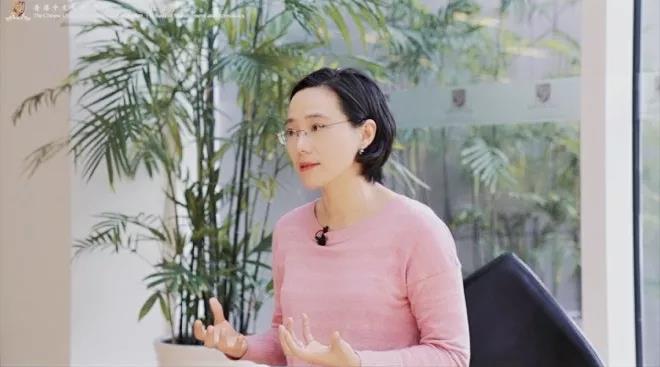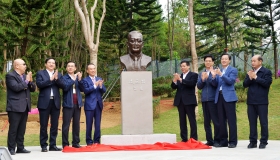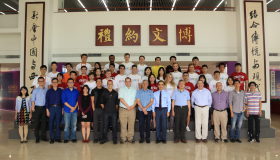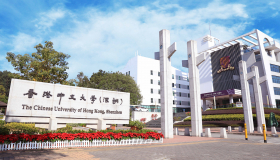Interview with Prof. Ye Haichun | The Advantages of SME Economics Programme

Prof. Ye Haichun
Progressive Education to Develop Students’ Critical Thinking and Innovation Ability
What are the objectives of the undergraduate programme of Economics in School of Management and Economics of The Chinese University of Hong Kong, Shenzhen? Prof. Ye Haichun summarized that the first objective is to help students lay a solid foundation of economic theory and ability of economics thinking. The second is to cultivate their critical thinking and capability of independent innovation. Besides, it is also hoped that the students can acquire knowledge about humanity and culture. To achieve these goals, the setting of core courses provides all-around training for students progressively.
As for understanding economics principles, elementary, intermediate and advanced level macroeconomics and microeconomics courses are set as foundation courses. Based on that, extensive courses are offered to help students deeply understand professional knowledge. “We also open the elementary and intermediate courses of econometrics to provide students with challenging training on mathematical statistics. The applied courses, such as policy analysis, are set up to illustrate how to use the quantitative analysis to solve socio-economic problems.” The supplementary courses of machine learning and big data analysis are offered to keep up with the trend of information technology. “We also give guidance on how to conduct academic research and honors thesis to students who are interested in economic research.”
Interdisciplinary Education, Industry-Academia Collaboration, Combining China and the West
Compared with the undergraduate education of other universities in the economics field, Prof. Ye believed that the unique feature of CUHK-Shenzhen SME is integration.
The first aspect is Interdisciplinary Education. Economics develops in a cross-disciplinary and multidisciplinary way. According to Prof. Ye, economic analysis incorporates a number of subjects, including sociology, psychology and politics. “Our unique advantage is that we provide general education for students, which is beneficial for them to extend their knowledge scope.” In her opinion, strict training of economics principles and professional knowledge are introduced based on the combination of general education, which contributes to improving students’ knowledge systems. “I believe that students of this programme are able to absorb interdisciplinary knowledge, which is a beneficial lifelong learning skill to their future.
The second aspect is Industry-Academia Collaboration. Prof. Ye thinks that it is important for students to internalize knowledge by themselves. “We have the research-oriented courses to guide students on how to conduct research. We also encourage the students to study the subjects that they are interested in, and sometimes invite them as our research assistants to experience the whole process of conducing academic researches.”
The third aspect is Combining China and the West. Prof. Ye explained that one of the results of globalization is that students are competing not only at a local level, but also a global level. At the local level, our students are equipped with the ability to analyze and solve China’s problems; at the global level, our programme is taught in English and provides various summer courses and exchange programmes overseas. The in-class interaction with students is beneficial for them to think independently and critically. There are also many opportunities for them to do presentations or to involve in term paper projects, to train their communicational skills.
Economics Is a Practical Discipline
When it comes to economics, many people may wonder what to do with the economic theory, and whether it is as practical and useful as accounting or finance? Prof. Ye answered that, economics is a down-to-earth subject. “For example, here is a classical question, how do you make a choice with limited resources? Essentially, it is closely linked with the all-round aspects of real life.” Prof. Ye explained that the modeling could help explore the truth behind the economic phenomenon, and find out rules and mechanisms for better implementation of economic policies.
Economics is a social science that studies human behaviors, such as why and how people behave in certain ways and what impact it might have on the society. In this case, the values, morality and humanity will be inevitably involved in the analysis of human behaviors. Specifically, how to alleviate poverty and achieve income equality are always major concerns for economics research.




